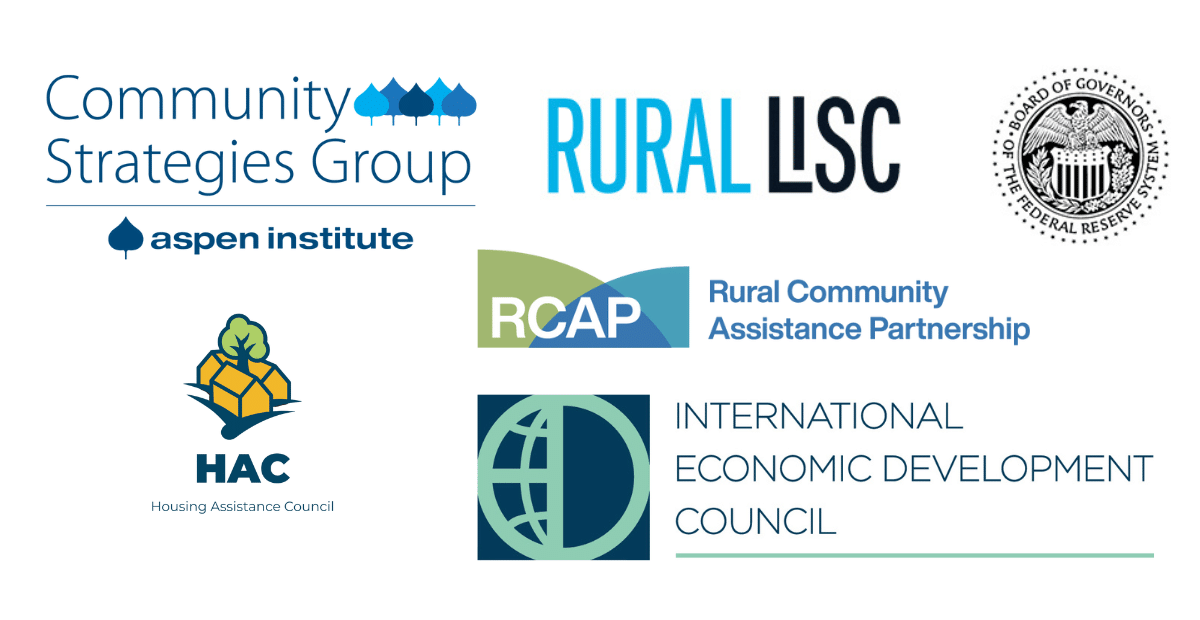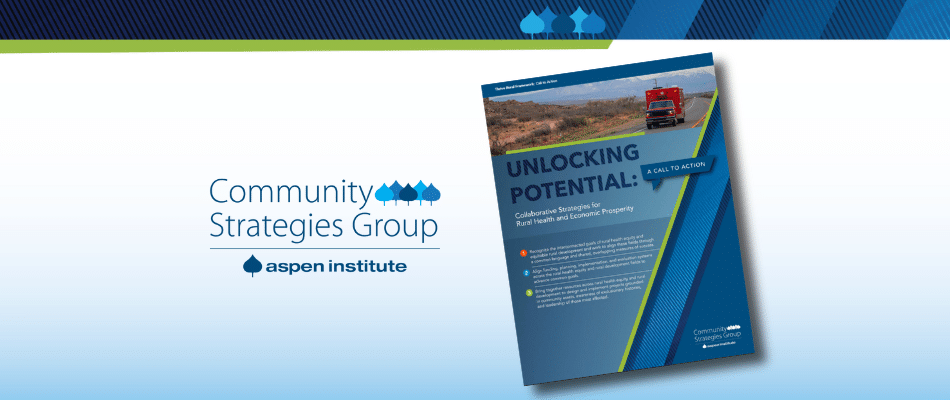View this Publication
For the second case study in our What’s Working in Rural series, we examine how rural communities with limited staffing and resources can understand, prepare for, and compete for finite federal funds.
Our case study highlights The Ada Jobs Foundation (AJF), a nonprofit organization focused on the economic development of Ada, the county seat of Pontotoc County in rural southern Oklahoma. The Foundation’s goal is to bring sectors together to create environments for business growth and workforce development in the area. To accomplish its goals, AJF collaborates with the wider region and manages a variety of projects, from entrepreneurship support to housing and community development.
According to AJF staff, one key element of work undergirds their successful collaboration efforts: translation. A collaboration builder needs to effectively translate partner organizations’ goals to each other to build an aligned coalition, translate the coalition’s goals to the funder’s goals to design a competitive project, and translate the funder’s process and requirements to submit a successful proposal.
AJF focuses on:
- Translating community goals: know what people care about and how they connect
- Translating funder goals: know what the agency is trying to do and how it aligns with the community’s goals
- Translating the process: take advantage of technical assistance resources
Download the case study for more details and three tips for putting this practice to work.
related resources
Aspen CSG’s consultant Rebecca Huenink led the writing process for our What’s Working in Rural series. We are grateful for her contributions.













